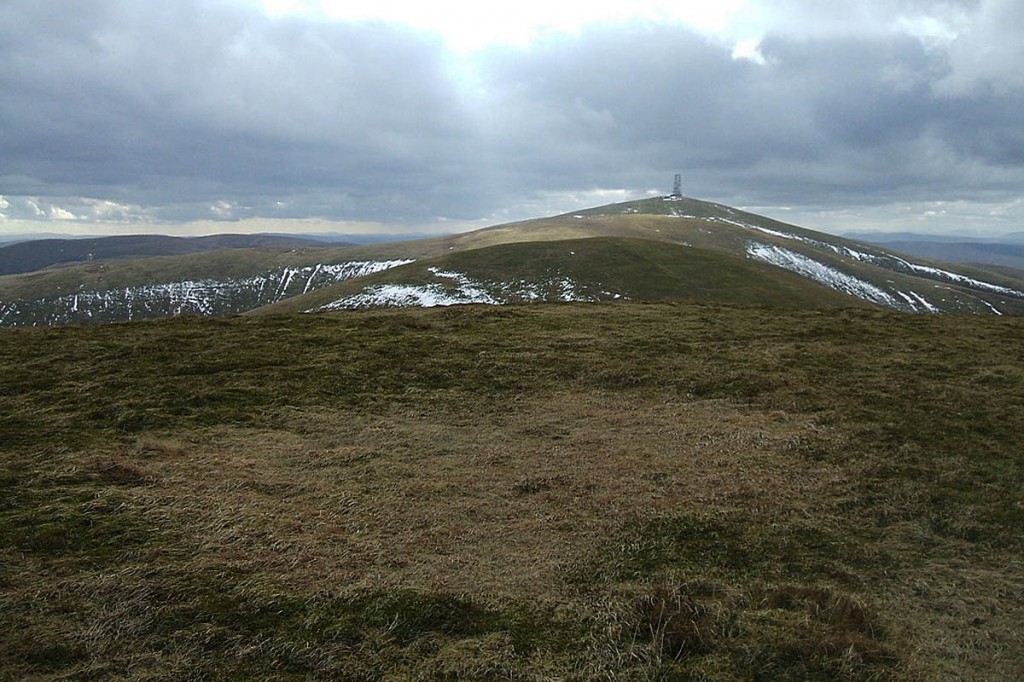
The general licence restriction on the Leadhills Estate has been extended. Photo: Iain Russell CC-BY-SA-2.0
The Scottish Government’s agency for the outdoors has extended restrictions on a South Lanarkshire estate for three more years.
NatureScot said the Leadhills Estate’s restriction on the use of general licences will run until 2023.
Such licences allow landowners or land managers to carry out actions which would otherwise be illegal, including controlling common species of wild birds to protect crops or livestock.
A restriction of the use of general licences was implemented on Leadhills estate in November 2019, in response to police evidence of crimes against wild birds occurring on the land. The latest decision extends the period of the existing restriction. NatureScot said the decision was made on the basis of additional evidence provided by Police Scotland of wildlife crime against birds.
Robbie Kernahan, NatureScot’s director of sustainable growth, said: “It is hugely disappointing to have to be considering further issues of wildlife crime against wild birds and we are committed to using the tools we have available to us in tackling this.
“In this case we have concluded that there is enough evidence to suspend the general licences on this property for a further three years. They may still apply for individual licences but, if granted, these will be closely monitored.
“We work closely with Police Scotland and will continue to consider information they provide us on cases which may warrant restriction of general licences.
“The detection of wildlife crime can be difficult but new and emerging technologies along with a commitment from a range of partners to take a collective approach to these issues will help us stop this from occurring in the future.”
In January 2020 NatureScot, then known as Scottish Natural Heritage, turned down Leadhills Estate’s appeal against the restrictions.
SNH said evidence of either illegal killing of raptors or illegal disturbance was found on the Leadhills Estate, involving the killing of three hen harriers, one short-eared owl, two buzzards, and disturbing the nest of a wild bird between 2014 and 2019.
The Wildlife and Countryside Act 1981 protects all wild birds. General licences permit authorised persons to carry out actions that would otherwise be illegal. They cover certain types of activity relating to birds, such as preventing damage to crops or livestock, preserving public health or air safety, and preventing the spread of disease.
General licences cover situations which are seen as relatively commonplace and where there is unlikely to be any great conservation impact. General licences avoid the need for people to apply for individual licences for the specific circumstances. General licences are subject to strict conditions, and abuse of them or failure to comply with the conditions could constitute an offence.
The Leadhills Estate covers 7,890ha (19,500 acres), in the Lowther Hills, west of the M74 near Wanlockhead.